
Fornice Objects
TOTEM_03B Sculpture
870 EUR
Ships in 2-3 weeks

Discover the new collection of colorful decorative pieces made by Chiara Ravaioli, the creative mind behind Fornice Objects. Meet the designer and explore her unique approach to the matter, in a curious blend of technology and human touch to realize bold and ethereal statement pieces.
Chiara Ravaioli is a spatial designer based in Ravenna. Young and innovative, her design approach revolves around technology and inventiveness, creating an unbreakable bond between machinery and human hands. Fornice Objects is the project born by her visionary talent: a collection of eccentric design pieces made using the latest modeling software, applied to 3D printing techniques.
Her meticulous research on materials’ peculiarities is the starting point of her creative process that culminate into a strongly personal design. Torri Spontanee – Italian name for Spontaneous Towers – is an ode to Italian landscapes, a meeting between the extremes of the Po River Valley, from Milan to Ravenna and back looking through the window at the water towers that seem to arise spontaneously along the journey. This project is inspired by Ettore Sottsass’ design and made with a creative approach that abandons craft techniques to embrace a new scale of machine-made, in the making of different shapes and textures that follow one another uninterruptedly.
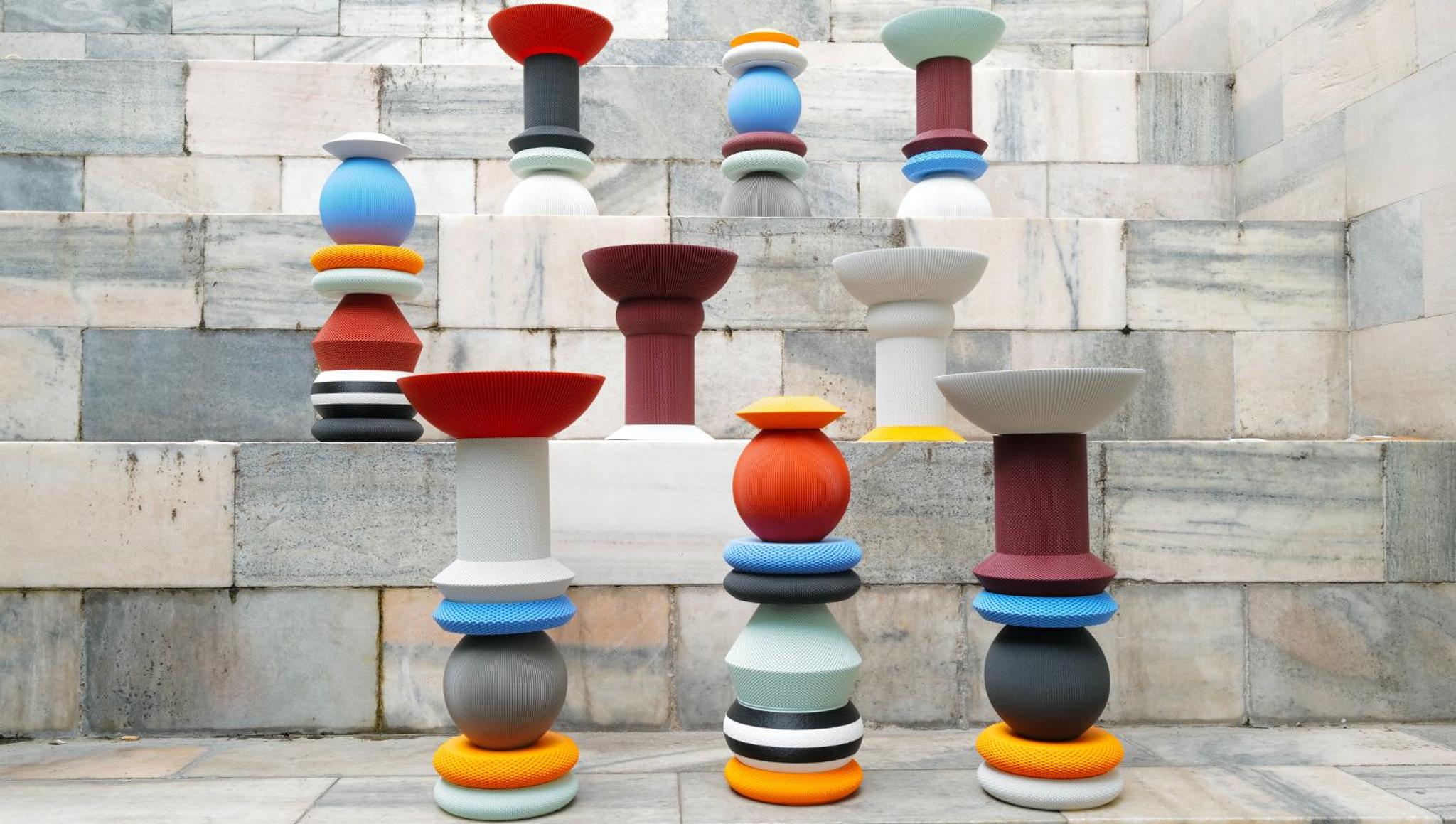

Fornice Objects
870 EUR
Ships in 2-3 weeks

Fornice Objects
780 EUR
Ships in 2-3 weeks

Fornice Objects
870 EUR
Ships in 1-2 weeks

Fornice Objects
780 EUR
Ships in 2-3 weeks

Fornice Objects
720 EUR
Ships in 2-3 weeks

Fornice Objects
290 EUR
Ships in 1 week
Your latest collection is "Torri Spontanee", arising from the meeting of geographical suggestions and creative inspirations. Tell us about the project, its meaning, and its distinctive artistic references.
“Torri Spontanee” was born from a collaboration with Milanese stylist Paola Pastorini. The inspiration came from our encounter between the two extremes of the Po Valley, where my workshop is based, extending from Milan to Ravenna and vice versa, like looking out of the window at the water towers that seemingly arise spontaneously along the journey. The purpose is to move away from handcrafting techniques and embrace a new range of machine-made, three-dimensional printers, producing different shapes and textures that follow one another uninterruptedly in the same thread thus allowing the creative process to play out. The reference to Sottsass is explicit: just as he explored the sequence of a line that ultimately becomes a curve - a pattern that explodes into colorful, striped surfaces - we similarly play with our totems and disassemble them. Each totem is composed of several pieces that can be used in two ways: together (one inside the other joined through two mechanisms) or separately. The exclusivity lies in the simplicity of shapes and vitality of colors, in its naive and funny humor, which infuses warmth and coziness into our home interiors.
Sensational and bold, Fornice Objects represents your design vision. Tell us how this project came to be, how it developed over time, and the curious origin of its name.
In the Italian lexicon of architecture, the term "fornice" [fòr-ni-ce] defines the light that passes through the large arched openings of ancient buildings and monuments. I have always been intrigued by the effect light has on shapes; unsurprisingly, the first object I ever created was a lamp, the Issey Table Lamp - a tribute to the Japanese designer by the same name - whose pleats intersect with the transparency of the light.
All of your creations capture a perfect synthesis of technology and artistic singularity, which stems from the use of unique materials processed using 3D printing. How do you go about choosing the materials and how are they shaped to give life to your inspirations?
Rather than seeing digital and analog productions at odds with each other, I regard them as one, taking shape at the same time. The material at hand inspires the forms that will come to life, but often it is the form that beckons the material, as in the case of the India Vase, a piece whose shape is inspired by the stepwells I visited in India. I kept imagining it in red, so I used a biodegradable polymer whose red hue is obtained by adding natural pigments from agro-food waste (tomato peel) and is highly textural - a technique commonly used in India for textiles.
Throughout your professional and personal journey, you have had the opportunity to explore a broad spectrum of design panoramas different from the one in Italy. What does Made in Italy represent for you and what differentiates it from the international landscape?
The Made in Italy brand is internationally recognized as synonymous with history, quality, and elegance. I can proudly say I am part of this team. Elegance and attention to detail are pillars of the Italian style. In recent years, the prevailing trend towards "crafts" indicates a return to artisanship, the local reality, and the handmade aspect, even for small serial production. Our reverence of the beautiful and the well-made is the tremendous cultural background that sets us apart - it is our deeply rooted tradition. As a young designer, I recognize that the road to reach a deep knowledge of our masters is a long one, especially working across disciplines in different applied arts. Open dialogue and comparison are possible to grow and improve, by learning from our master craftsmen and applying that knowledge to our disciplines and beyond.
As a young designer, you represent the upstanding future of this ever-changing industry. What do you see as the future direction of Italian design?
It is essential to conceive sustainable projects: using materials that have already had a previous life and material dimension, reinterpreting them, or at least being aware of their environmental impact from initial production to waste disposal. I also believe in multilayered art, which entails layering various ancient knowledge and, thanks to young inventive talents, can take on a contemporary style all the while respecting tradition. Personally, I gravitate towards emotional design, to the relationship that is established between an object and those who buy it, and in so doing they choose to make it part of their everyday lives - just like the Spontaneous Towers that keep me company every day.
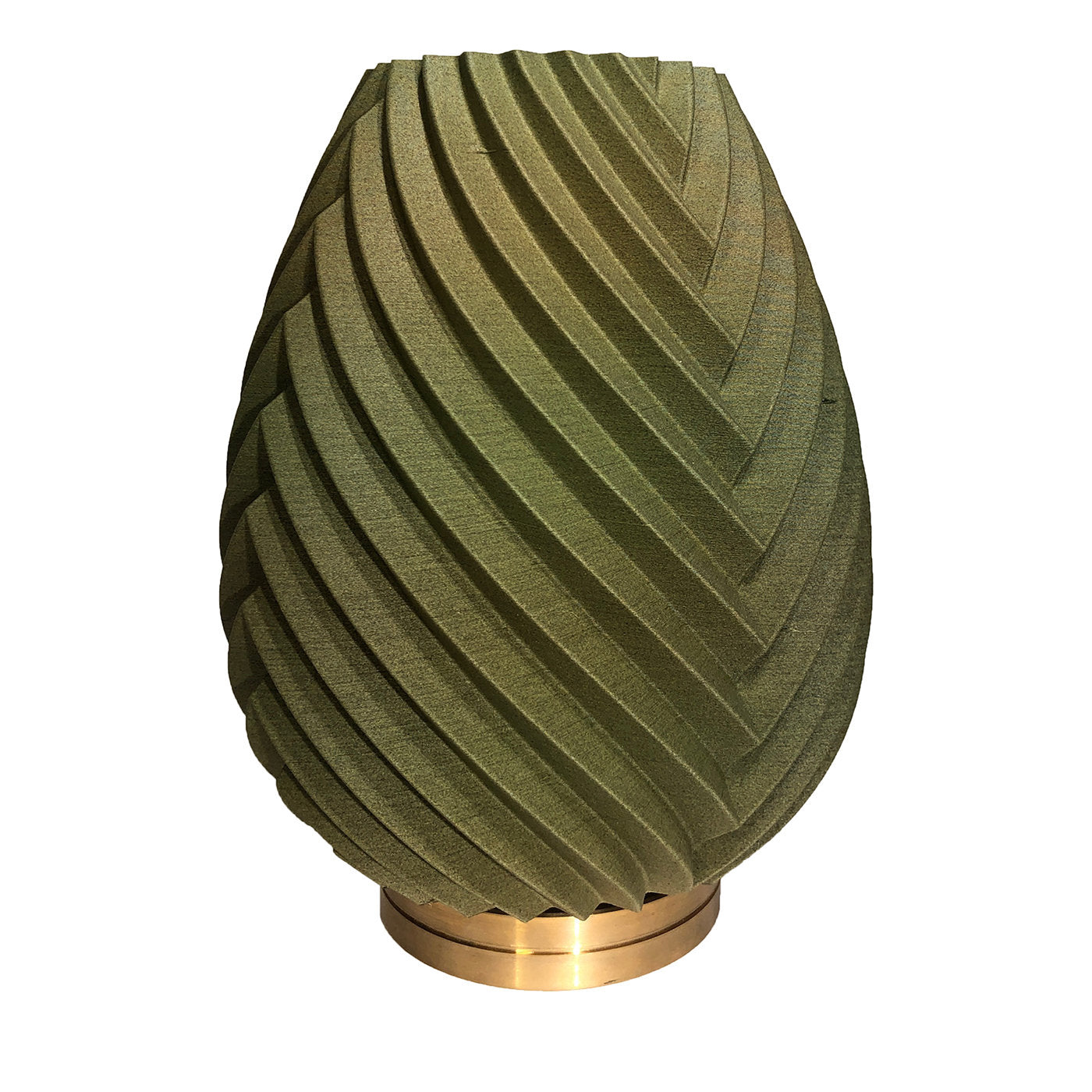
Fornice Objects
370 EUR
Ships in 1 week
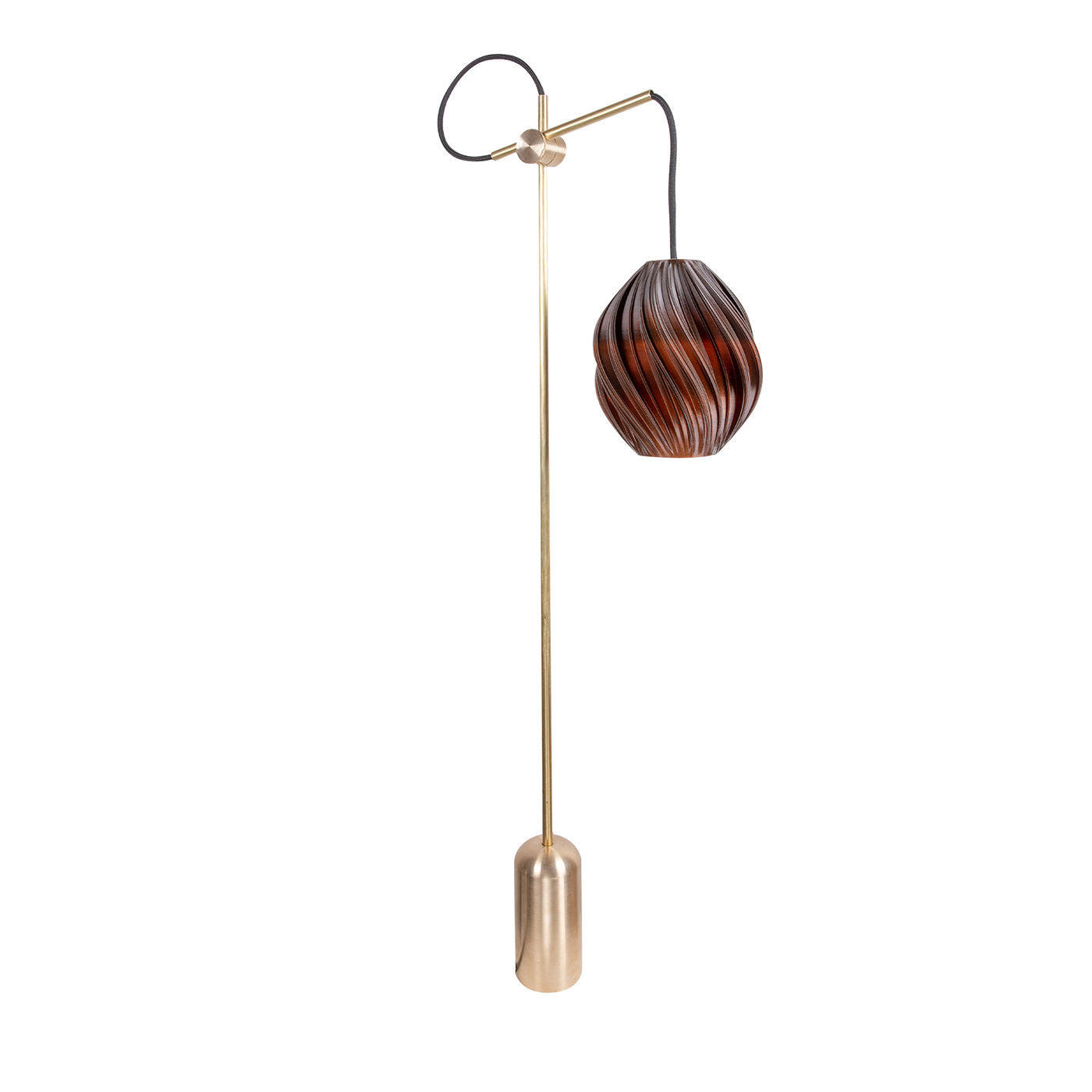
Fornice Objects
2.100 EUR
Ships in 1-2 weeks

Fornice Objects
200 EUR
Ships in 1-2 weeks
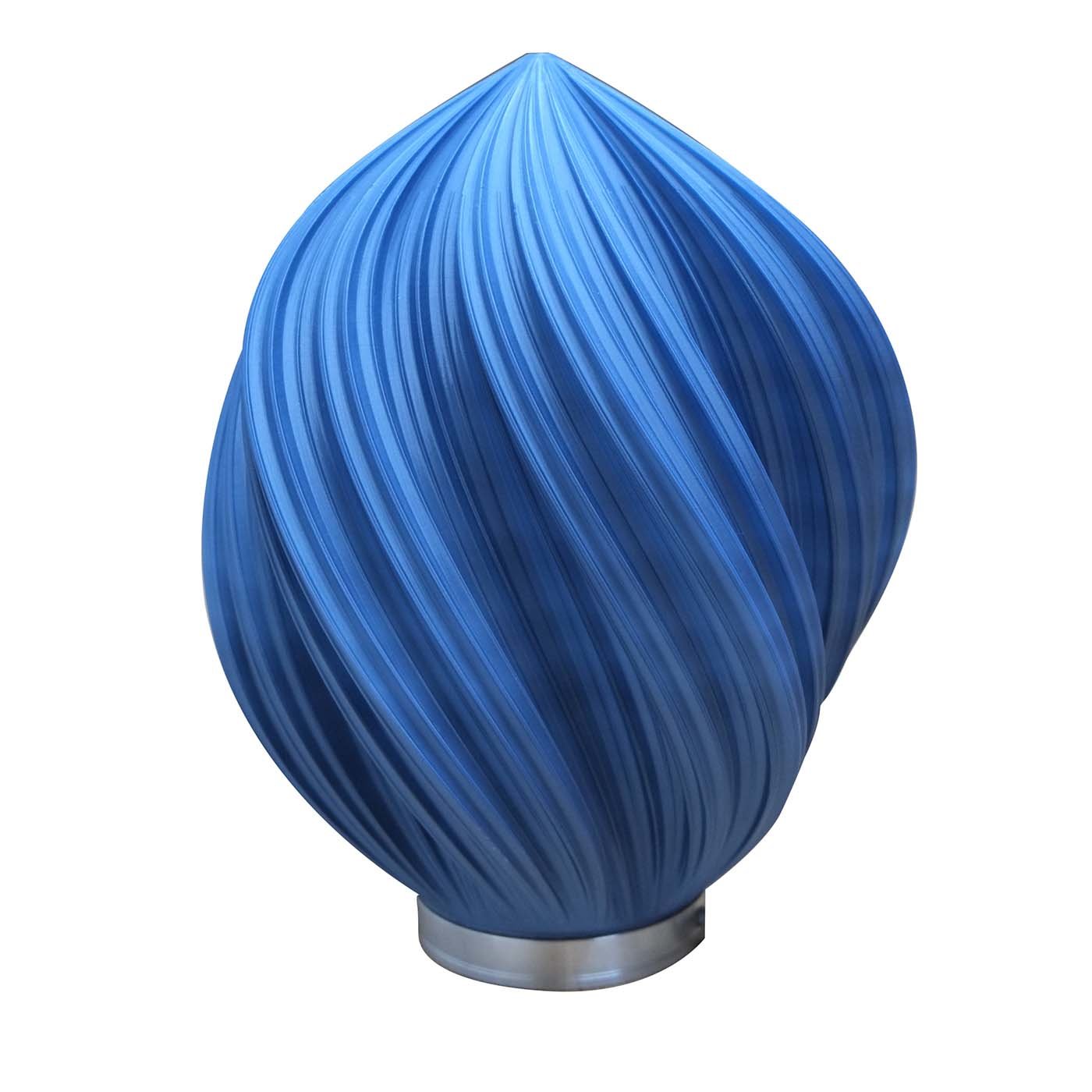
Fornice Objects
450 EUR
Ships in 9-10 weeks

Fornice Objects
730 EUR
Ships in 1-2 weeks
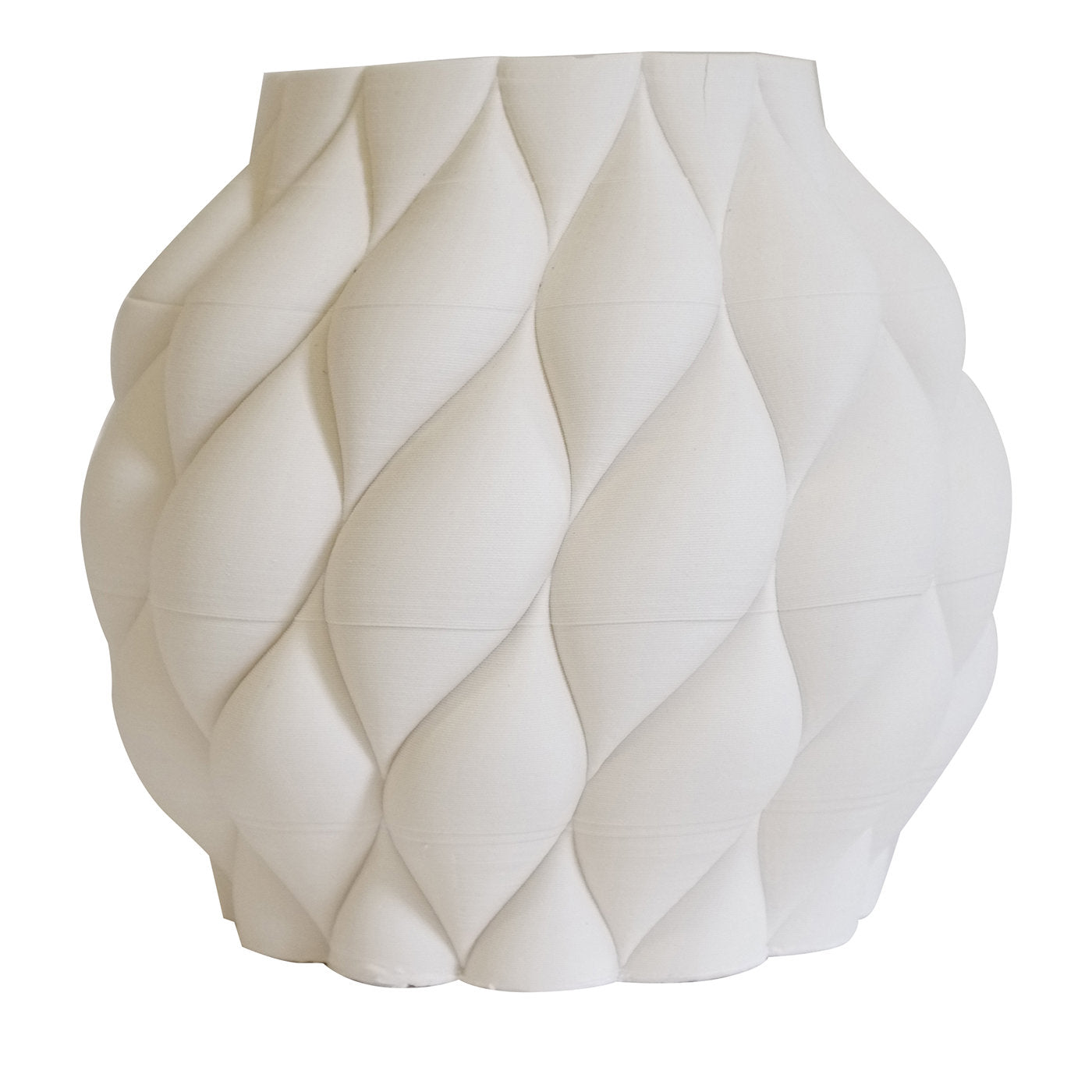
Fornice Objects
240 EUR
Ships in 4-5 weeks
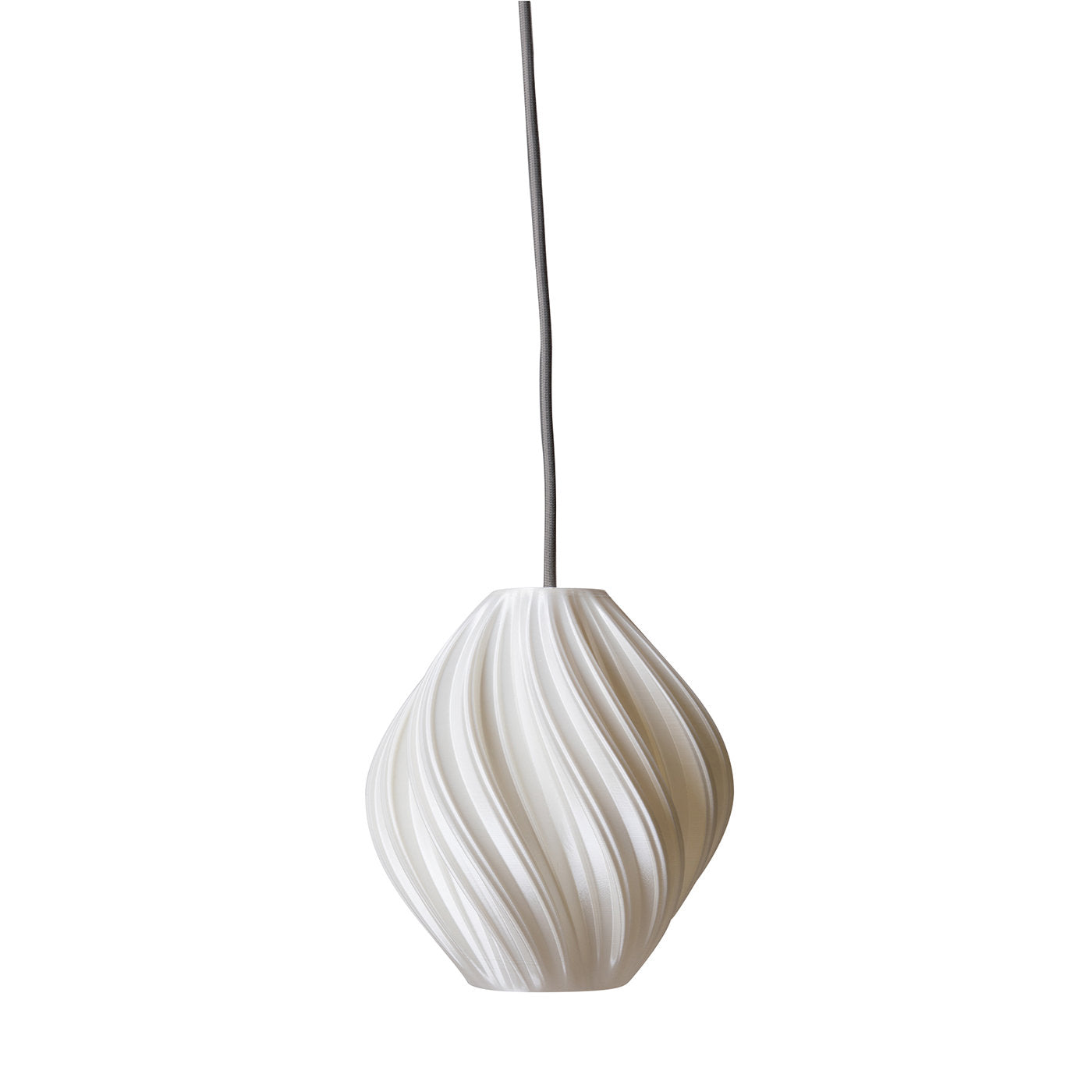
Fornice Objects
250 EUR
Ships in 1-2 weeks
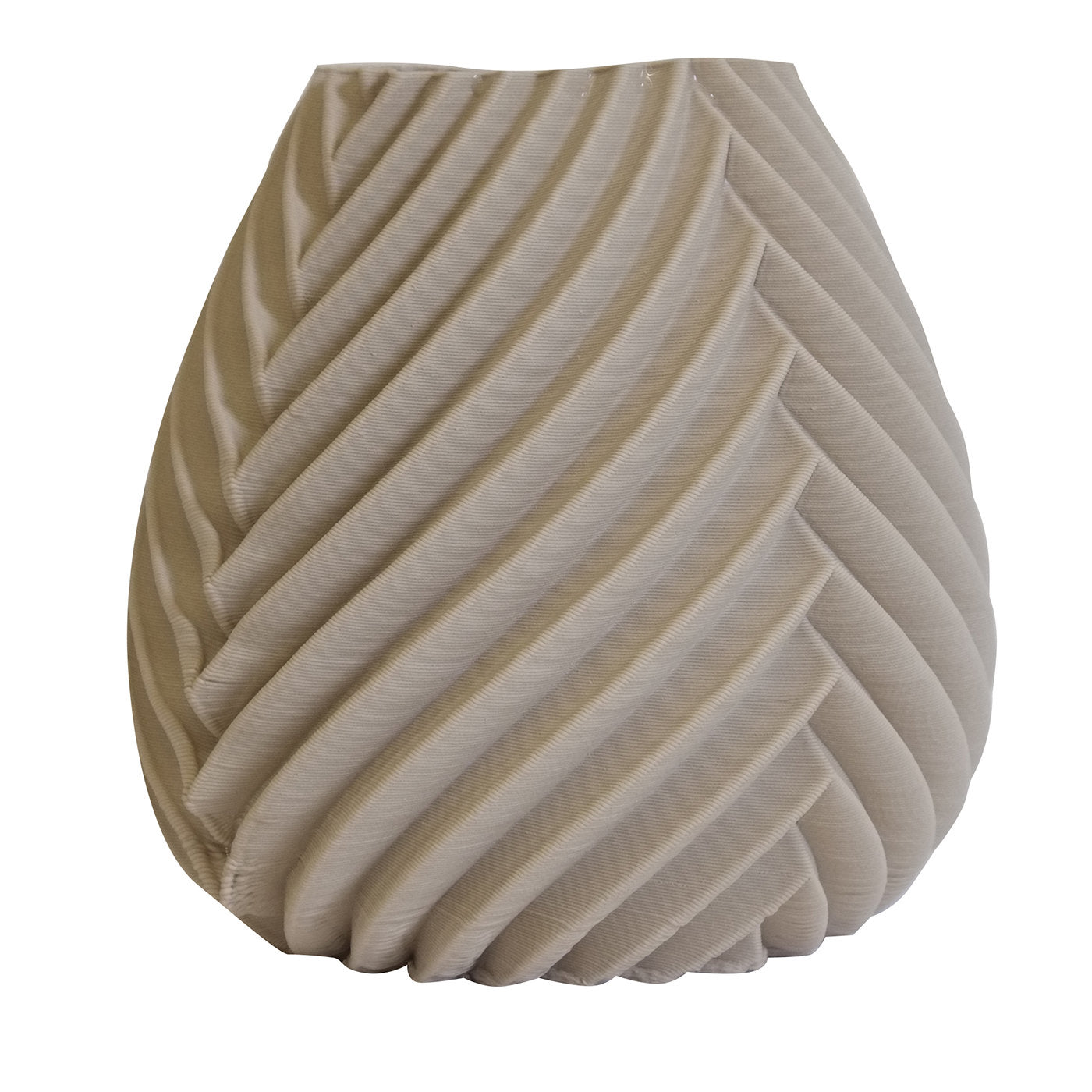
Fornice Objects
220 EUR
Ships in 4-5 weeks

Fornice Objects
4.100 EUR
Ships in 4-5 weeks
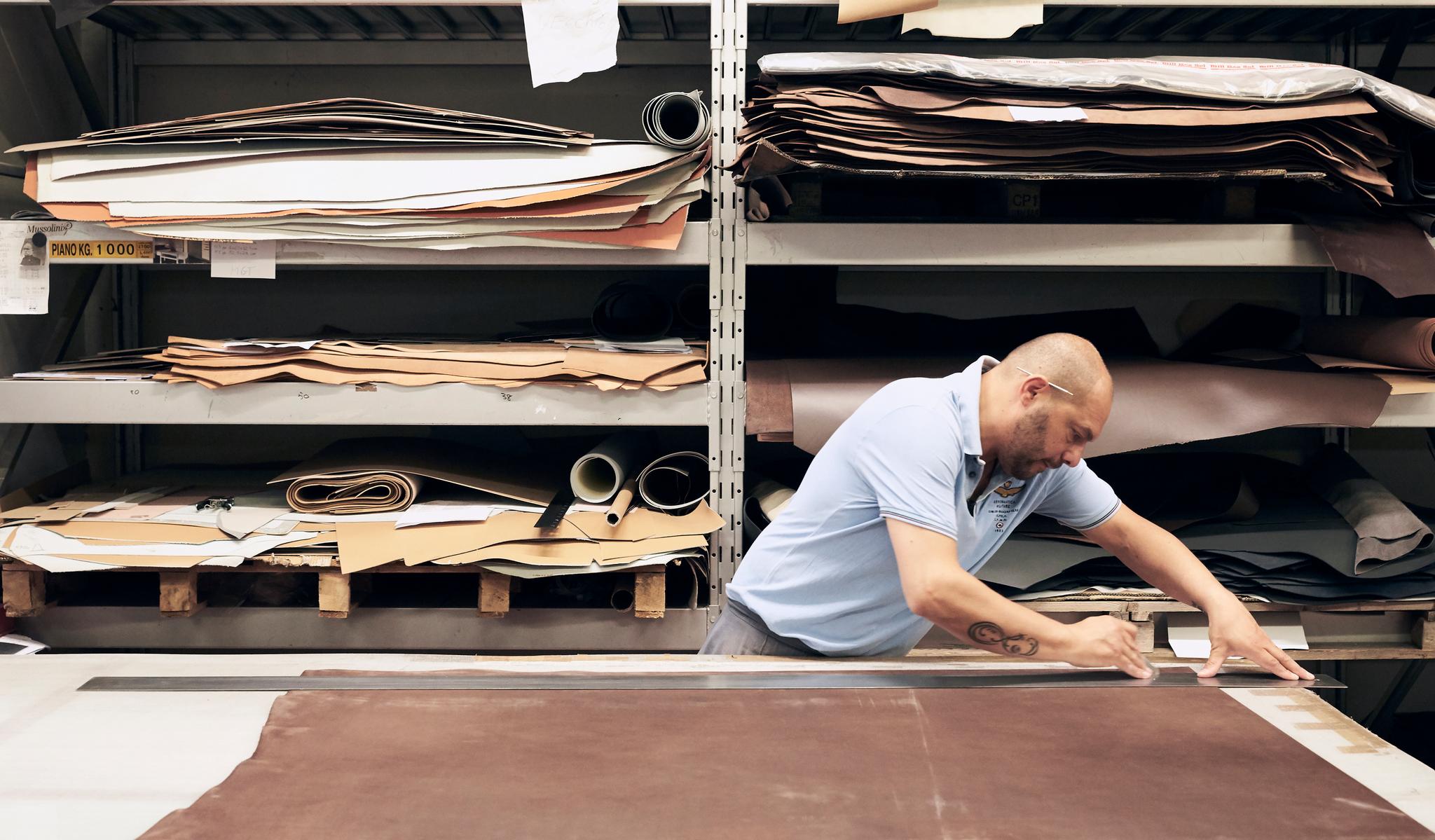
From a delicate seam to intricate marquetry, every detail in Casa Covre’s products is a testament …
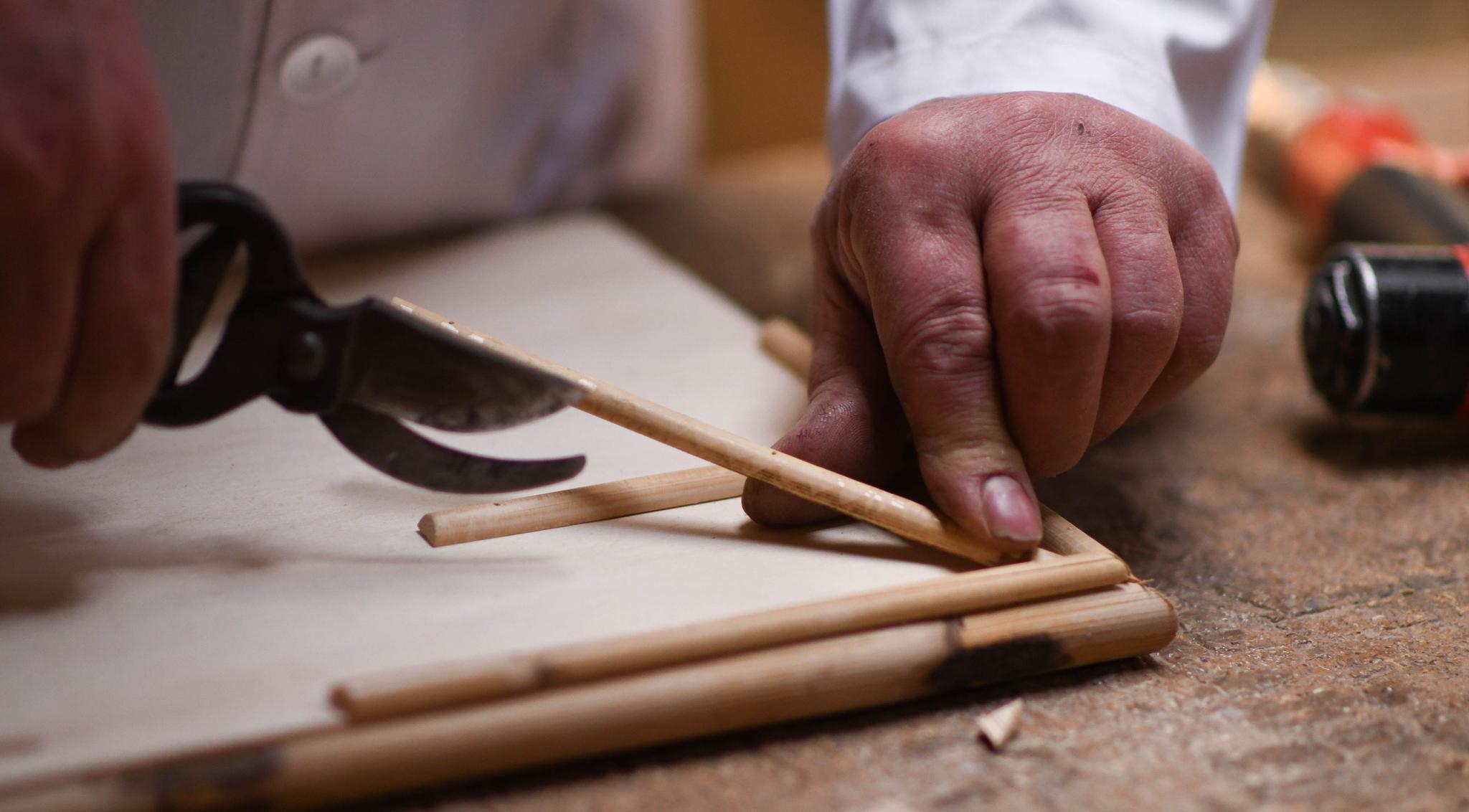
Created by the skilful hands of Italian artisans and designers, Molto Collectibles pieces reinterp…